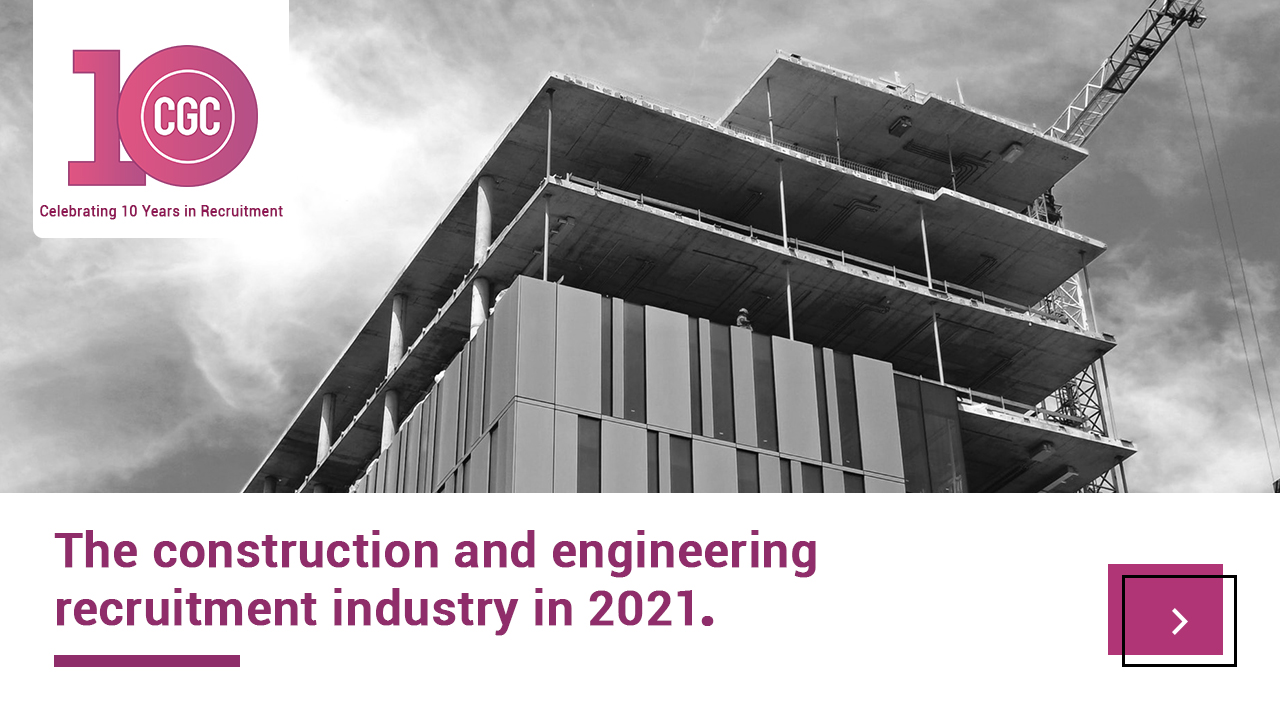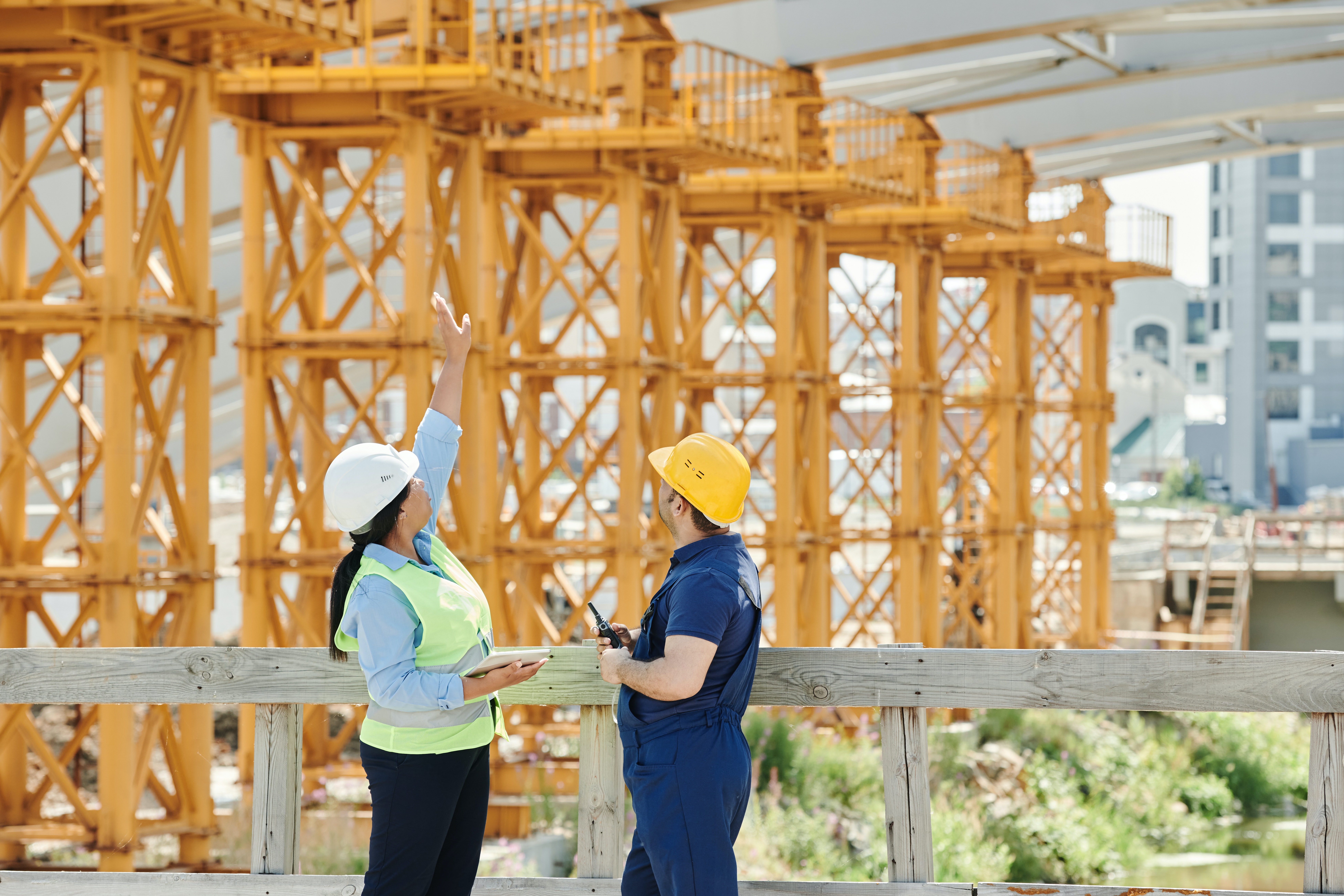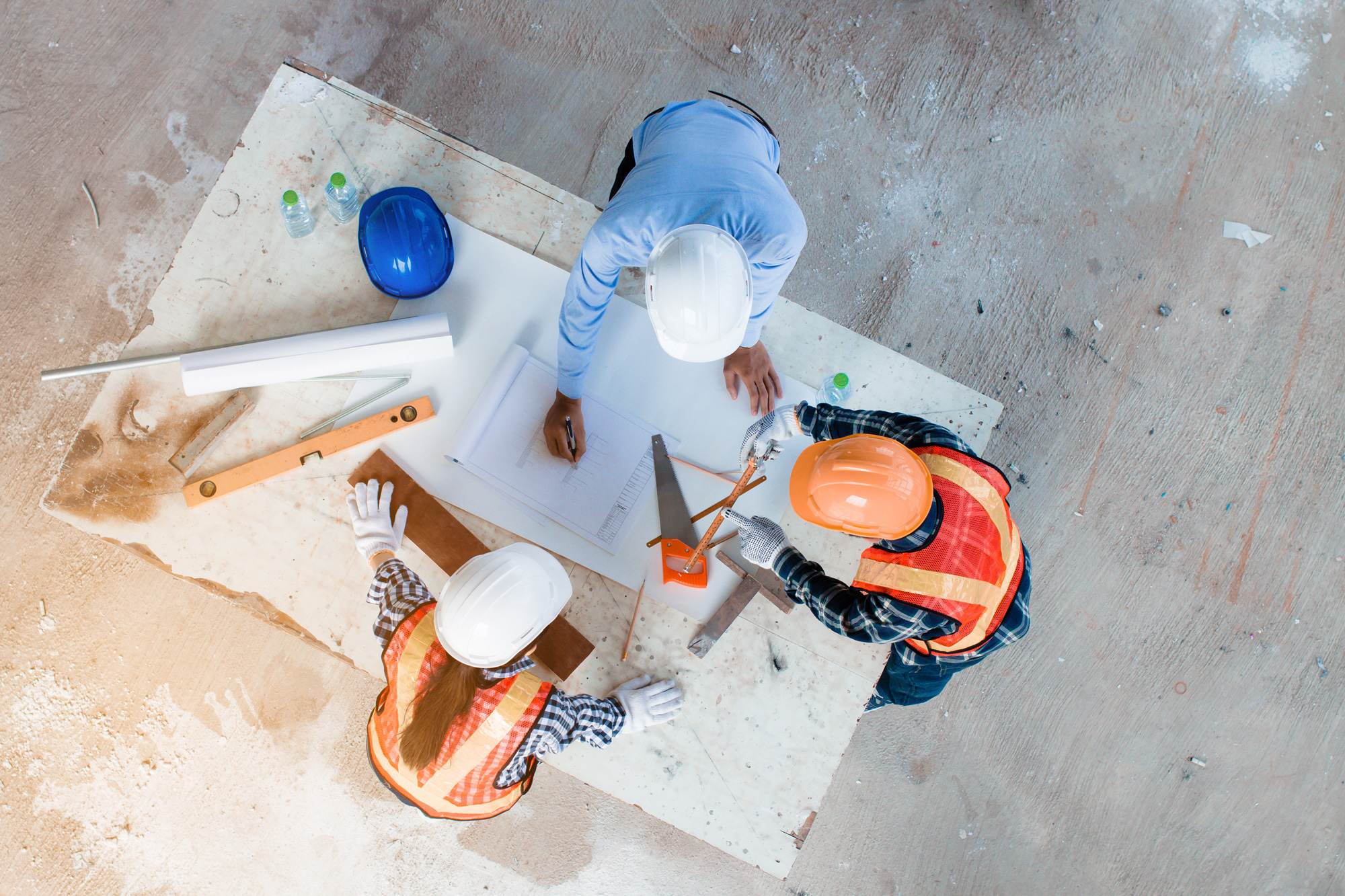Australia is currently experiencing a record level of investment in infrastructure, with major investments in large rail and road projects such as the Westconnex and Sydney Metro.
Consequently, there’s no shortage of work - providing jobseekers with certainty, confidence, and protection due to the considerable pipeline growth. However, with rising demand and large-scale projects becoming commonplace, skilled labour is being stretched. This means in-demand candidates (jobseekers) are driving multiple offers, counteroffers, and triggering salary inflation.
In this article, we’ll explore emerging trends that maximise the benefits of infrastructure investment. This includes looking at mega project deliveries, the importance of upskilling and training, and why you need to have a clear strategy in your organisation.

Large projects continue to dominate the infrastructure sector
With Governments offering spending packages to stimulate economies, there’s been a rise of mega projects. This has led to an overheated market - causing multiple challenges.
Contracts for mega projects are typically tendered out to Tier 1 contractors and delivered by overseas companies due to the scarcity of domestic options. One way to mitigate the challenge is to break mega projects up into smaller projects, allowing more involvement and engagement from smaller companies in the Tier 2 and Tier 3 bracket.
We’ve also witnessed a hybrid solution approach, where Government Tier 1 international players and local Australian companies work together in a collaborative and non-adversarial way to achieve outcomes. This has created new alliances and innovative methods of delivery. We believe this trend will be prevalent in how work will be delivered over the next 5 to 10 years.
From a labour perspective, this approach will offer more opportunities for jobseekers to work across the project spectrum. Collaboration between all the tiers will generate a more highly-skilled mobile workforce, meaning candidates won’t be pigeon-holed as a principal contractor or subcontractor.
The importance of training and upskilling in challenging times
The key to maximising opportunities and overcoming challenges is to ensure there’s enough skilled labour to build Australia’s infrastructure future. A firm commitment in training and investing in local people is crucial - and this should start at the university level. Upskilling the next generation of infrastructure professionals can be achieved by providing pathways on the project, as well as training and career development.
If your organisation is in an industry that’s likely to be phased out, we recommend looking ahead and considering a move into other areas to establish a long term career. Companies who bring in workers from other sectors and invest time and money in training will place themselves in a favourable position in 20 to 30 years’ time.
For example, as Australia focuses on renewable energy sources like wind and solar power, we will inevitably see a shift from coal resources. So it’s not surprising that over the last year we’ve seen the infrastructure conversation dominated by Net Zero 2050 - as it’s the most critical player in driving a green recovery. We’ll expect to see the infrastructure agenda become heavily focused on environmental outcomes, ensuring actions are contributing to a more sustainable and social world.
Countries who have embraced the shift to the upskilling and training and investing in green energy include the US, UK and China, who have currently have stronger climate ambitions than Australia.
Leading with a clear strategy will ensure your success
The infrastructure sector is set to emerge from the pandemic crisis, fulfilling a key role as a catalyst to sustainable economic recovery. Essential to realising this ambition is an understanding of trends which impacts the demand of the skills critical to achieve the pipeline of mega projects. This includes planning ahead and choosing industries that will set you up for the next few decades.
Compounding challenges such as COVID-19 border closures and identifying suitable and capable talent to deliver works can be mitigated by upskilling and training, and, more importantly, having a clear strategy on how to maximise these opportunities.
So make sure you push ahead with confidence, clarity, and a strong pathway for your organisation, which will enable you to ultimately achieve long term success and longevity.
For more infrastructure trends and insights, checkout CGC in Focus 2.0.
[CGC in Focus - CTA button https://resources.cgcrecruitment.com/thank-you/cgc-in-focus-2021]
About CGC Recruitment
CGC Recruitment is a specialist construction, infrastructure, engineering, and architecture recruitment consultancy. We view our clients as our partners and work closely with them to meet their business needs. We work with some of Australia’s largest construction brands through to specialist SMEs and boutique consultants. We have proven experience delivering permanent, contract and retained recruitment solutions, consistently providing the right candidates for the right roles at the right time.
If you have an active role you’d like to discuss or just want to talk to a specialist consultant, please contact us. Alternatively, you can complete our online client form and a member of our team will contact you.











